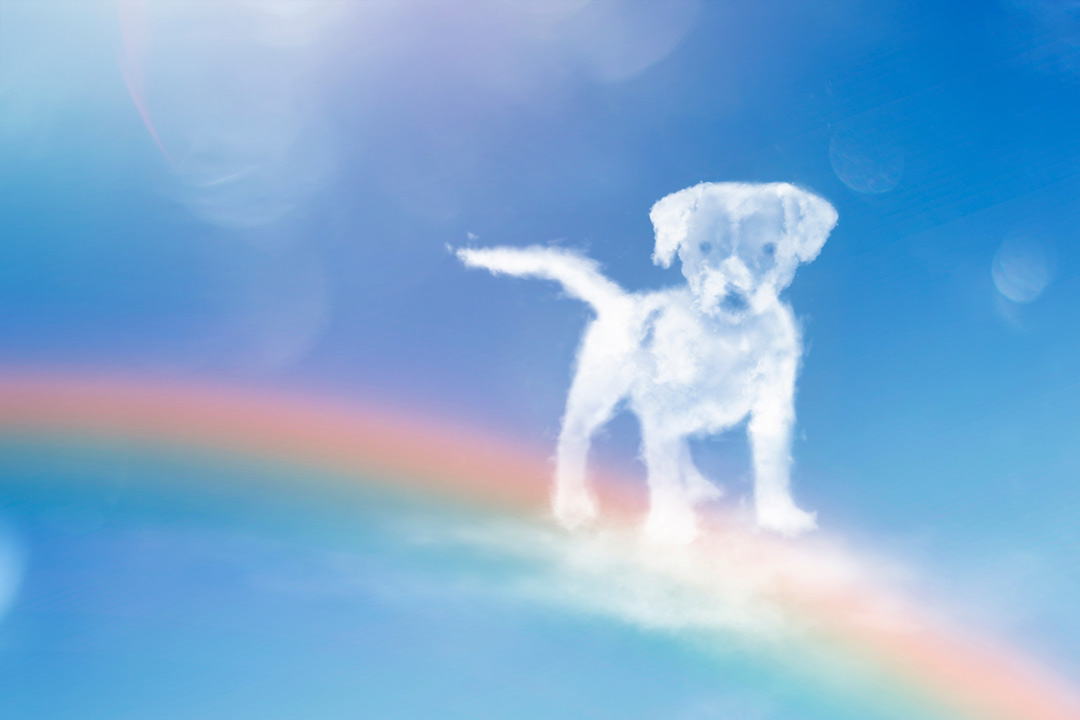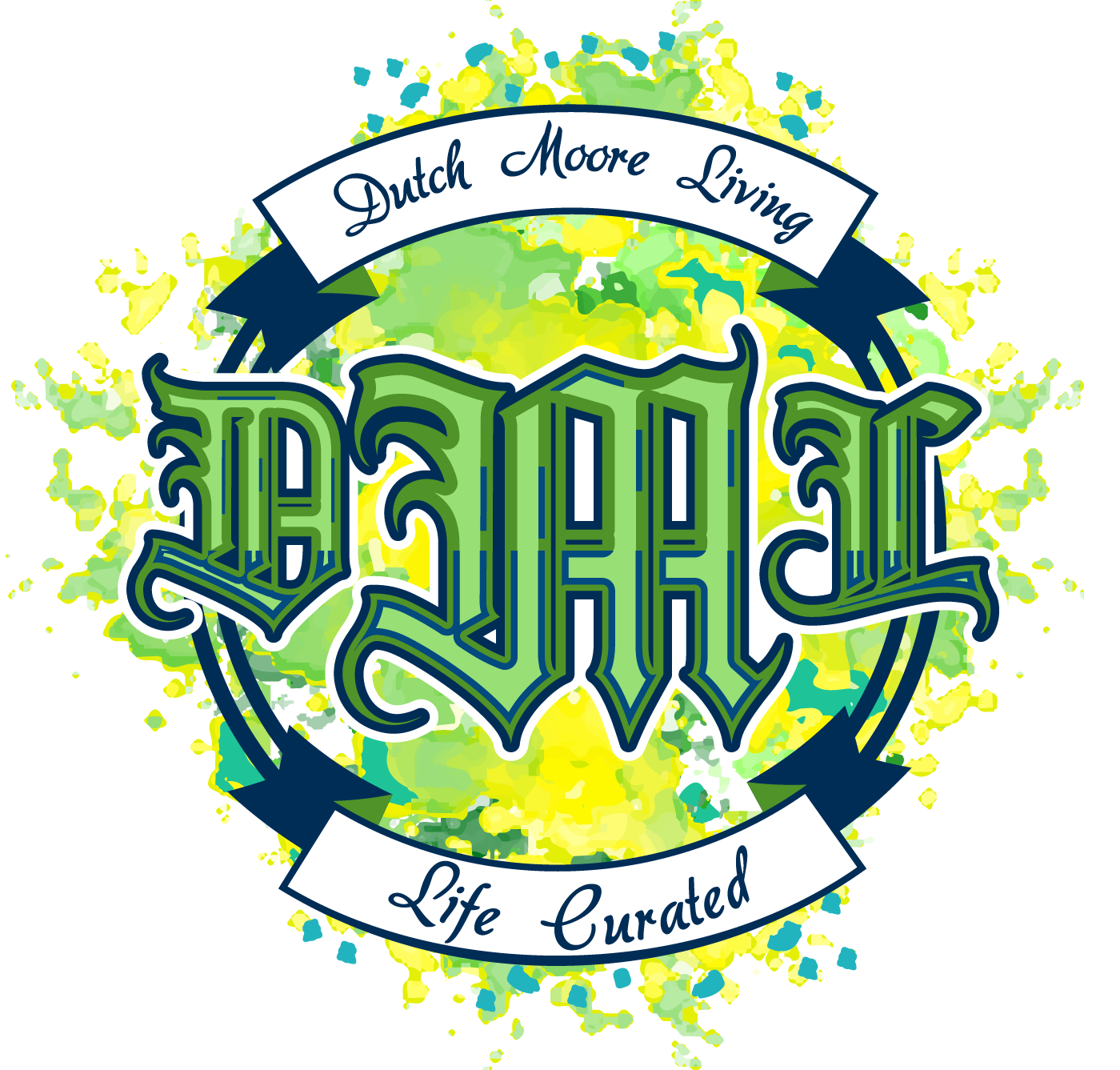 Mourning is a personal and painful journey. In truth, I started to mourn my beloved canine companion, Aiden, long before I lost him. His illnesses were lengthy and required 24/7 care with constant visits and rechecks with his various specialists.
Mourning is a personal and painful journey. In truth, I started to mourn my beloved canine companion, Aiden, long before I lost him. His illnesses were lengthy and required 24/7 care with constant visits and rechecks with his various specialists.
As time went on, and I couldn’t be home with him all the time, I installed security cameras throughout the property so I could monitor and encourage him when it became clear he was struggling to find his way back into the house through his dog door. More importantly, I could keep an eye on his stress levels and physical condition to discern whether I needed to return home.
It was a tough two years for Aiden. Once again, I had to be household strength and positivity even on days when my outlook was far from sunny. It was hard to hide my worry, sorrow, and exhaustion. Many of my own pursuits, gladly, were put on hold to be his caretaker. Even my son, who moved away recently, would come home to care for him if I needed to travel. After Aiden passed, not only did I have to mourn his absence, I had to grieve the loss of the person I was for the past 13 years.
I realize, I need to get to my point. They (whoever they are) say time heals all wounds. As I mentioned in the opening, I started the grieving process before Aiden’s passing. This only made the caretaking more difficult and heart-wrenching. But I got a different perspective last week when I lunched with friends.
After two months of isolation and social avoidance, I decided it was time to get back out into the wild. Lyncoln and I were tired of staring at each other, and the corner dust bunnies had their own dust bunnies. My devastating heartbreak was starting to negatively affect my overall wellbeing and disposition. So, I shifted my attitude and attention back to my circle.
I met my vintage shop allies at our usual Cuban watering hole. We planned for an upcoming sale, shared laughs, and talked about recent life events and the current political and economic state of the country. We agreed that there was an unsettling unease layered with a tinge of depression due to the uncertainty of it all. We worried for ourselves and our parents, who may struggle with recent fiduciary decisions.
The subject changed; the elephant in the room showed up. “How are you and Lyncoln doing?” they asked. I shrugged. “We’re o.k.” I tried convincing myself.
My friend Kathy spoke, “You know, Mia, what you did for Aiden was beautiful. It was just beautiful. Not everybody could have done what you did for him, and I am just in awe of what you did.”
Tears welled up in my eyes, and my heart started to pump warmth through my body once again. I didn’t consider that anyone was watching or paying attention to my care for Aiden. It was just what I did. I learned that my friends were keeping watch, making sure I was also taking care of myself and getting me out of the house when they could, so I wouldn’t lose myself in the process.
If I am honest, I did get lost. My daily routine revolved around his needs and mine were relegated to the back burner, gladly. But when he crossed the rainbow bridge, that part of me went with him; unable to figure out how to live without him and my schedule from the past two years. This reality is exasperated by my Asperger’s; breaking routine is very difficult for ASDers. If you’re part of our routine, it means you hold a special place in our hearts and lives.
Getting lost in someone you love, especially when they need you to be their rock, can create unexpected change. I didn’t anticipate the personal void I would experience when I lost my caretaker identity, but to be recognized for the time, energy, and love I poured into that identity, shifted my focus and helped me snap out of my funk.
Caring for a loved one during a life transition is not only the one last gift we can give to another; it can also be a transformative experience that allows us to mourn and celebrate the person we were before and after that time of great care.
Love and Light,
Coach M
